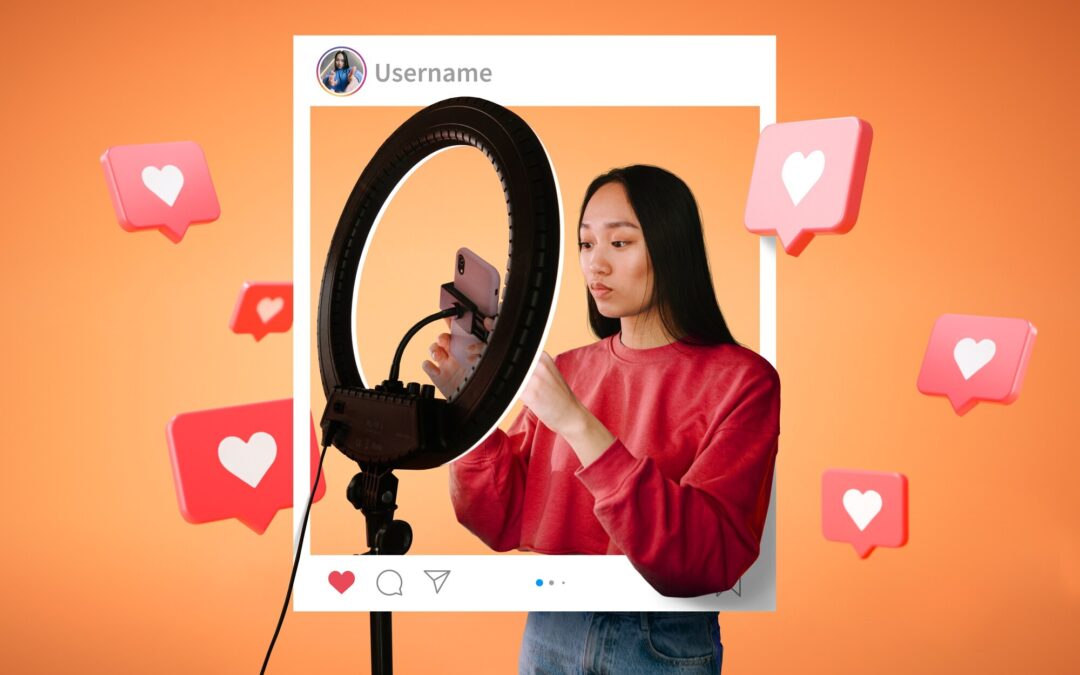In the ever-evolving landscape of digital marketing, one strategy has captured the hearts and wallets of brands and businesses alike: influencer marketing. It’s more than just a buzzword; it’s a dynamic and impactful approach that leverages the credibility, reach, and persuasiveness of influencers to connect with target audiences. In this blog, we’ll embark on a journey through the world of influencer marketing, exploring its significance, strategies, and the secrets to building successful influencer partnerships.
The Rise of Influencer Marketing:
In recent years, influencer marketing has witnessed a meteoric rise. The authenticity, relatability, and unique perspectives of influencers have made them the new-age brand ambassadors, capable of connecting with consumers on a personal level.
Understanding the Influencer Landscape:
Before diving into influencer marketing, it’s vital to understand the diverse influencer landscape. From mega-influencers with millions of followers to micro-influencers with niche appeal, there’s a wide spectrum to consider.
The Power of Trust and Authenticity:
The essence of influencer marketing lies in trust and authenticity. Influencers build genuine connections with their audiences, and when they endorse a product or service, their followers are more likely to listen.
Choosing the Right Influencers:
Selecting the right influencers for your brand is a critical step. It involves aligning the influencer’s values, content, and audience with your brand’s objectives and target market.
The Art of Collaboration:
A successful influencer partnership is founded on collaboration. Brands and influencers must work together to create content that resonates with both the influencer’s audience and the brand’s messaging.
Measuring ROI and Success:
It’s essential to track the success of influencer campaigns through key performance indicators (KPIs) like engagement rates, reach, and conversions. This data allows brands to refine their strategies for better results.
Navigating Legal and Ethical Waters:
As influencer marketing matures, ethical and legal considerations are gaining prominence. Disclosures and transparency in influencer partnerships are crucial to maintain trust.
Challenges and Pitfalls:
Influencer marketing isn’t without challenges, such as fake followers, influencer burnout, and evolving platform algorithms. Brands need to be prepared to address these hurdles.
The Future of Influencer Marketing:
As influencer marketing continues to evolve, it’s essential to keep an eye on emerging trends, including the use of virtual influencers, AI-driven campaigns, and the growing importance of niche markets.
Case Studies and Success Stories:
Highlight real-world examples of brands that have harnessed the power of influencer marketing to drive engagement, increase sales, and build brand awareness.
Conclusion:
Influencer marketing isn’t just a marketing trend; it’s a dynamic strategy with the potential to foster meaningful connections between brands and consumers. When executed thoughtfully and authentically, influencer partnerships can lead to brand growth, greater engagement, and a more profound impact. As influencer marketing continues to evolve and shape the digital marketing landscape, it’s a trend that’s here to stay.

